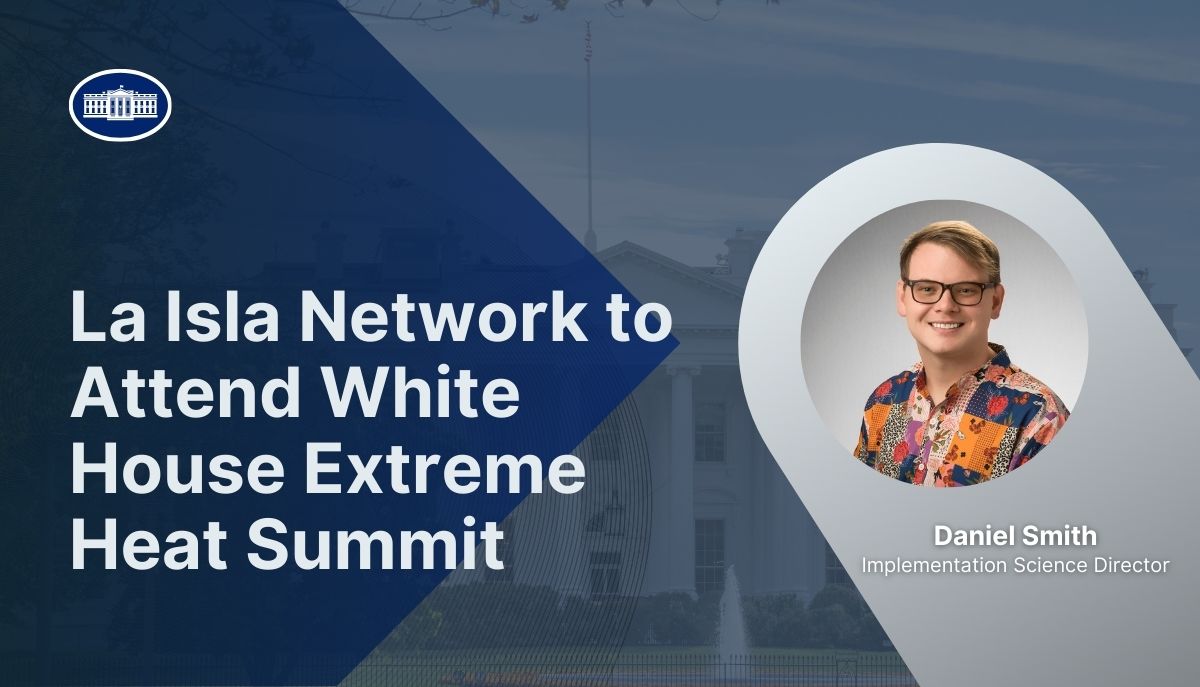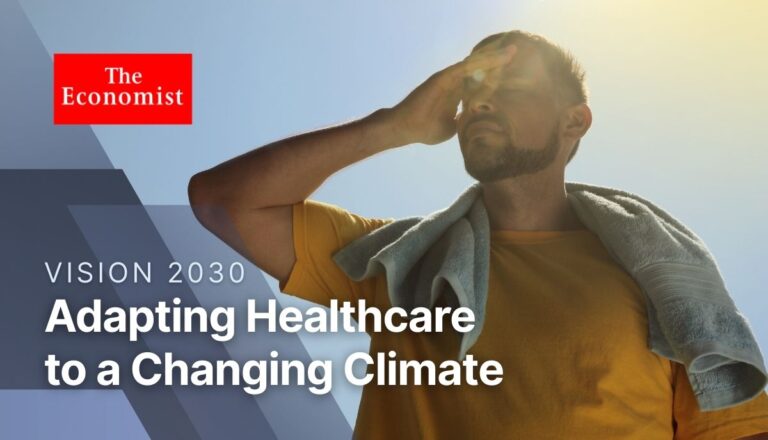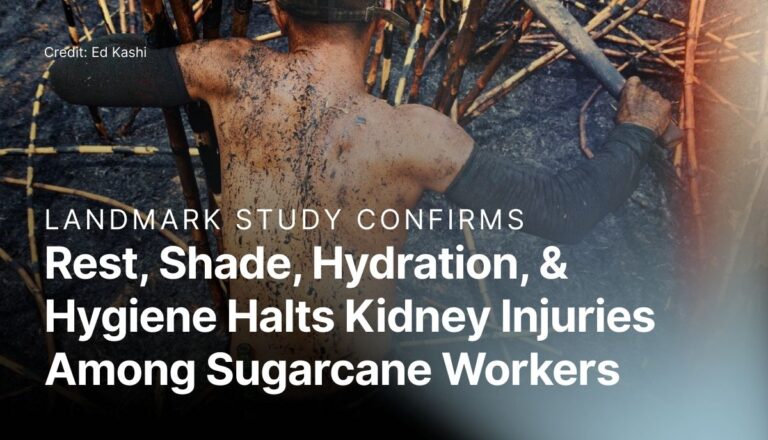La Isla Network Implementation Science Director Daniel Smith will attend the White House Extreme Heat Summit on September 13.
The summit will bring together experts and people impacted by extreme heat, providing “an opportunity to discuss lessons learned from this summer, the [Biden-Harris] Administrations’ investments in heat mitigation and preparedness, and how to drive further locally-tailored and community-driven actions to address extreme heat.
La Isla Network interviewed Smith, a trained nurse scientist and practitioner, to gain his insight into the event and extreme heat.
La Isla Network: What do you hope to get out of the event?
Daniel Smith: During my time at the White House’s extreme heat summit, I hope to gain a better understanding of the federal landscape of work being completed to protect all of us from extreme heat due to climate change. I hope to bring to the table the perspective of a nurse scientist and nurse practitioner who has worked with many populations who are vulnerable to the negative effects of extreme heat. These include workers in occupational sectors that are at risk from occupational heat exposure, including farm workers, construction workers, landscapers, factory workers and restaurant workers. Leaning on my clinical work as a nurse practitioner, I want to highlight the need for protecting unhoused communities from extreme heat as I have seen many people die from living on the street during heat waves. Altogether, I hope I leave having a better understanding of the work being done in the US and around the globe to protect human health from extreme heat.
LIN: As someone who has researched the link between occupational exposures and human health, what do you think is the importance of this event?
Smith: This event will bring to the table leaders from multiple sectors (community, industry, academia and government) to further the discussions around the impacts of extreme heat on us all. I hope that the connections resulting from this event will help to push work forward to protect the most vulnerable from the impacts of extreme heat. Climate change will impact all humans on this planet, and we must have meetings such as this to help move the needle away from catastrophe due to extreme temperatures in ways that are feasible and reflective of the needs of various community members and stakeholders.
LIN: Can you explain what is meant by the phrase “climate change is a public health emergency,” specifically when it comes to extreme heat?
Smith: Climate change is often cited as the number one threat to public health in the 21st century. We know that climate change is expected to impact health in many ways, from increased mosquito-borne diseases due to changes in vector ecology to increased asthma incidence from wildfires. However, extreme heat is arguably the most “in your face” threat that we will experience. Cities without the energy infrastructure to support cooling centers, healthcare workers untrained to respond to heat stroke and the effects of heat on chronic conditions, and the development of “new” diseases from heat exposure, such as chronic kidney disease of non-traditional etiology, will all pose a strain on our already underfunded public health infrastructure.
LIN: How should policymakers and scientists work together to create viable solutions for workers in the face of the threat posed by extreme heat?
Smith: We need to ensure the broad uptake of extreme heat solutions for workers that have already been funded across the globe. To do this, scientists and policymakers must work hand-in-hand to understand what solutions will work and not work in the local context. Unfortunately, a one-size-fits-all approach to protecting workers does not and will not exist. Protections for workers will be industry-specific and must be enforceable. Scientists, such as those at La Isla Network, have the data to support these interventions’ effectiveness in decreasing the negative health effects of extreme heat and return on investment for successfully implementing said interventions. Policymakers and scientists should partner to ensure that laws and regulations are written in a way that promotes heat stress mitigation efforts and that they provide clear guidance to those who will be expected to follow these rules and regulations.
La Isla Network is an occupational health research and advisory nonprofit dedicated to ending heat-related illnesses among workers and their communities worldwide. Our mission is to protect workers in a changing climate. We develop and implement data-driven worker protection and management assessment protocols to improve the resiliency of workforces and businesses to heat stress. Our work is backed by best-in-class researchers, industry leaders, and government and multilateral institutions like the ILO.




